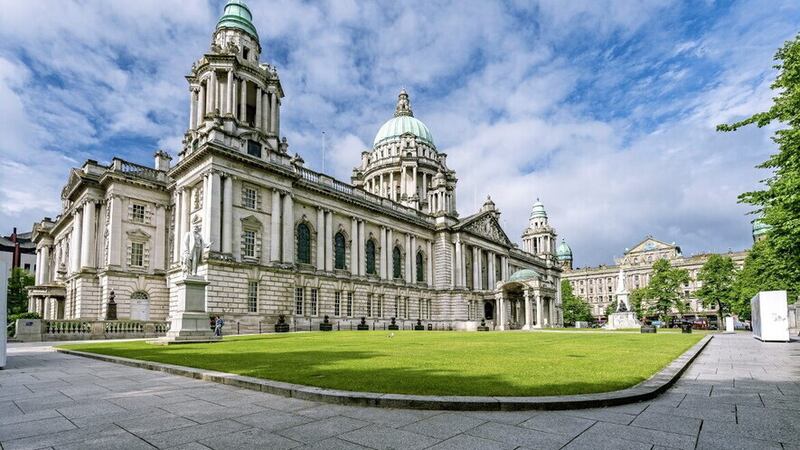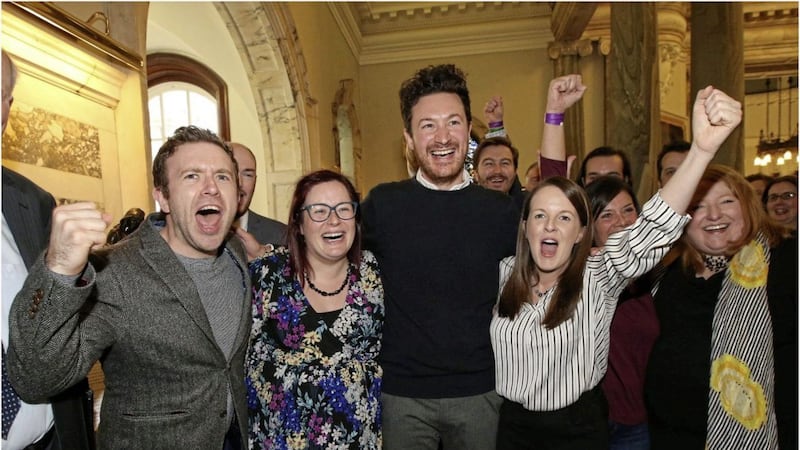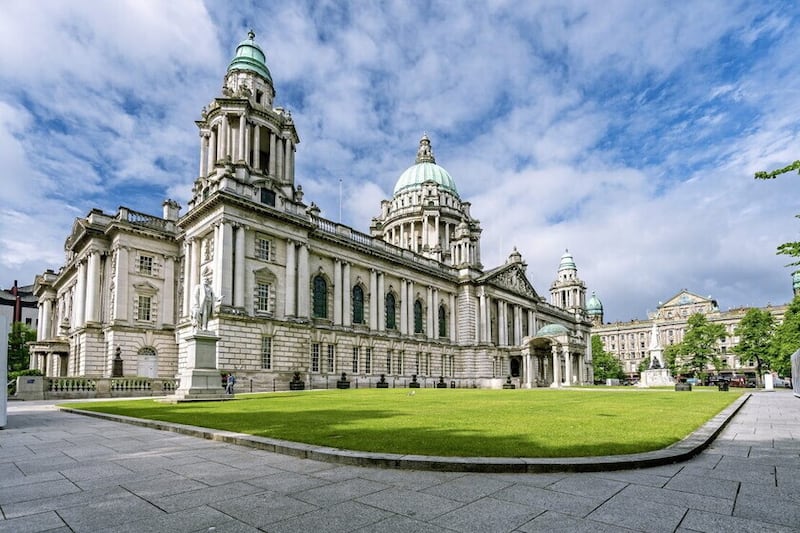We can now count the time until the polls open in hours rather than days. By Friday evening, we'll know the general shape of our 11 councils and which parties will have most influence over local policy decisions for the next four years. On the evidence of recent campaigning and debates, however, the functions of local government are not the main consideration when people enter the polling booth. Instead, they cast their vote based primarily on the 'bigger picture' – the constitutional question and associated issues, such as the DUP's ongoing boycott of the institutions, the Windsor Framework and expectations of a border poll.
Councils have negligible, if any, influence on these matters and in reality have few executive powers, yet collectively this political impotence is conveniently overlooked in debates and campaign literature, each party seemingly content to perpetuate the myth that all is well within our council chambers. Arguably the greatest failure of this election has been the reluctance to shine a light on the dysfunction and shortcomings of local government. Waste collection and disposal are close to breaking point, while the services traditionally offered by local authorities are constantly being cut, with no commensurate reduction in rates bills. Ambitious projects funded by City Deals, some of which have merit, are likely to see ratepayers burdened with increased costs as inflation significantly devalues the lump sums offered by central government.
The difficulties at some councils have provided a partial glimpse behind the curtain of what are normally very opaque systems, where power is wielded not so much by elected representatives but by technocrats who are generally conservative and cautious in nature. There's an expectation that the lowest level of government should be the most open yet the workings of Stormont (when operating) and Westminster are far more transparent than your local council, where decisions are often taken on the basis of what they'll deliver in terms of finances for the institution rather than what's actually beneficial for a community. This is against a background of no fewer than 45 council officials in the north are receiving salaries in excess of £100,000.
We're nearly a decade on from the reform of local government, when the number of councils in the north was reduced from 26 to 11. It was billed as 'the biggest shake-up in local government for a generation' and a report at the time from business advisers PwC forecast savings of up to £438m over 25 years. There's nothing to suggest any savings have been made, while the councils' collective debt and pension liabilities have soared. For years, the Department for Communities has been promising to assess the apparent benefits of local government reform but we can only assume the delay is to enable the researchers to find any.
The creation of so-called super-councils also saw planning devolved, meaning councillors have been put in charge of applications and are able to overrule the recommendations of professional planners. According to the local government manifestos, all the parties appear to agree that the planning system is broken but none if any identify what many believe is its key flaw.
It's said people get the leaders they deserve but the public's ignorance about what responsibilities different layers of government provide means they're disadvantaged from the off. This campaign has shown how most politicians are complicit in peddling the myth that local government is delivering for people, when the only clear beneficaries of the current system are the councils themselves.








